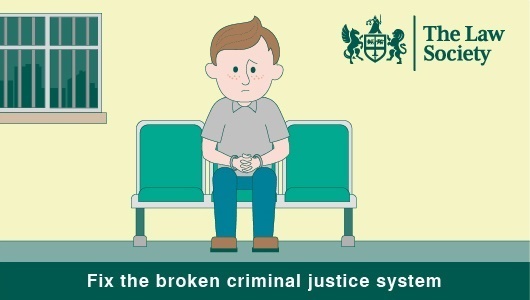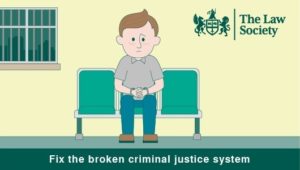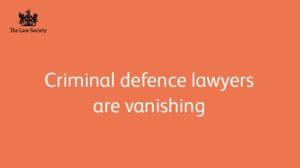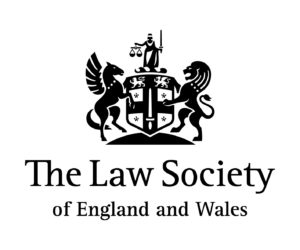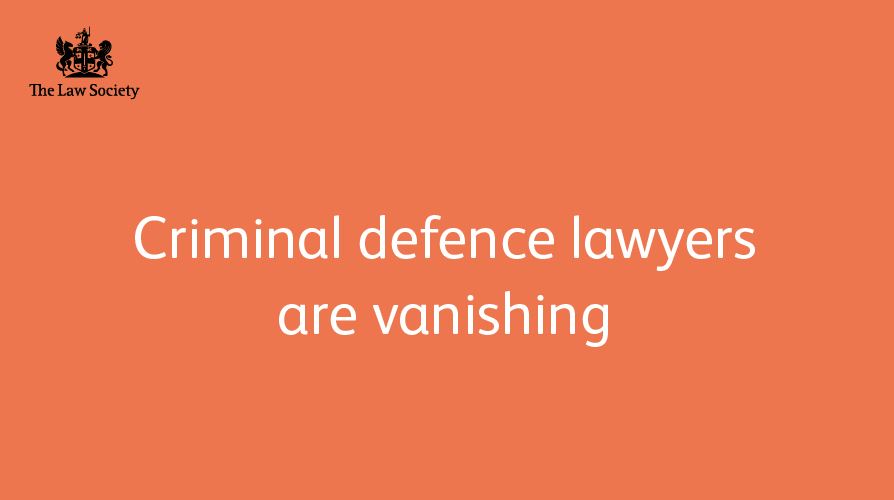Due to many years of under investment the criminal justice system in England and Wales is crumbling.
Things are going wrong at every level and every stage. It’s become a nightmare journey through the system for the accused, for victims and for solicitors alike.
Five problems facing the system
Increasing shortages of criminal duty solicitors
Within five years there could be areas in England and Wales where people who have been arrested won’t be able to access a duty solicitor. This means they won’t be able to get the free legal advice they’re entitled to.
You can read more about the importance of instructing a free solicitor at an early stage here.
The means test for criminal legal aid is too restrictive
People on low incomes aren’t able to access legal advice, or are having to pay contributions towards it which are higher than they can afford.
You can read more about the availability of legal aid here.
Inefficiencies in the system
For example, cases in court are often ‘double booked’, so some hearings get cancelled at the last minute. Things like this waste the accused’s and their solicitor’s time, and increase costs.
More and more courts are being closed
Defendants and witnesses are having to make unreasonably long and expensive journeys to court.
You can read more about our commitment to providing local legal advice for our clients here.
Crucial evidence is often not disclosed
Important evidence sometimes isn’t made available until the last minute, or isn’t disclosed at all. This can mean the difference between freedom and imprisonment.
All of these problems show the criminal justice system is at breaking point. Without urgent action, it will fall apart.

